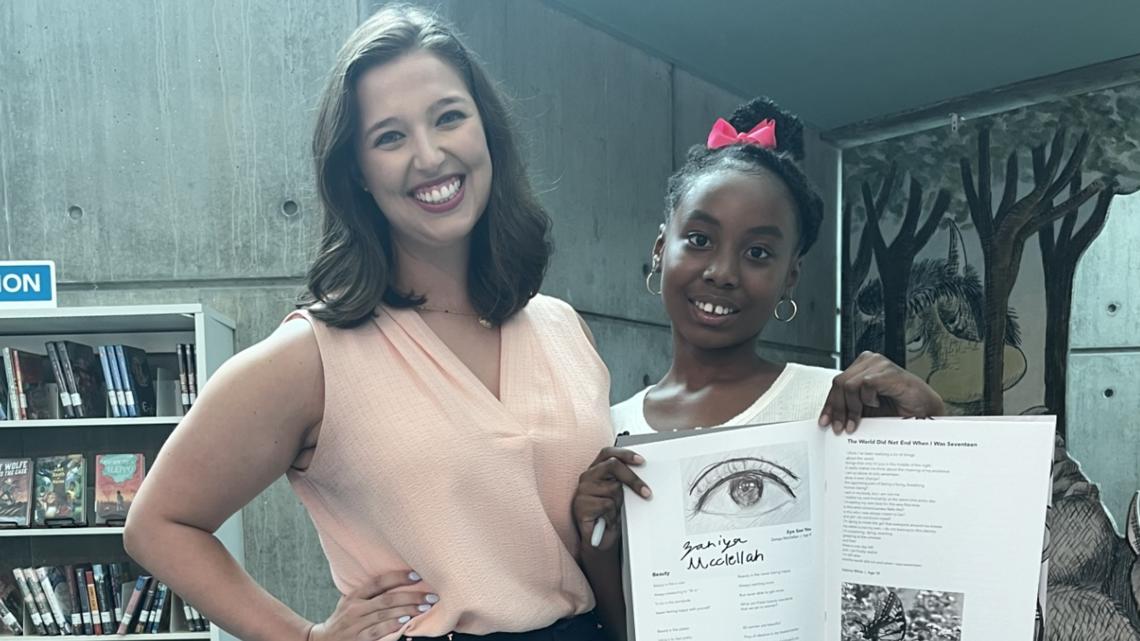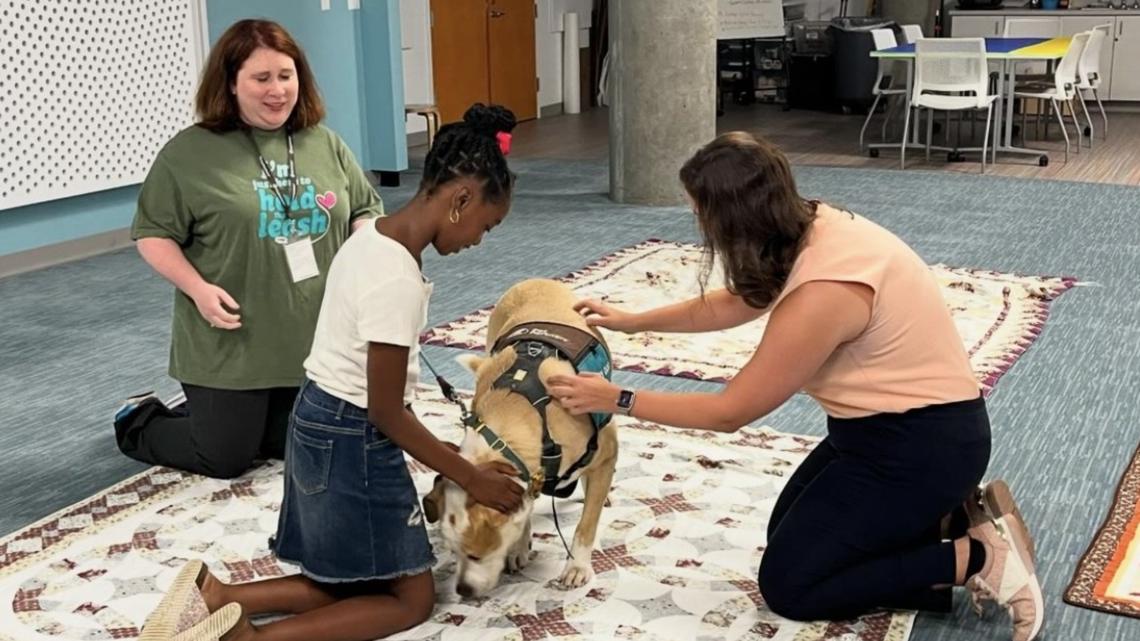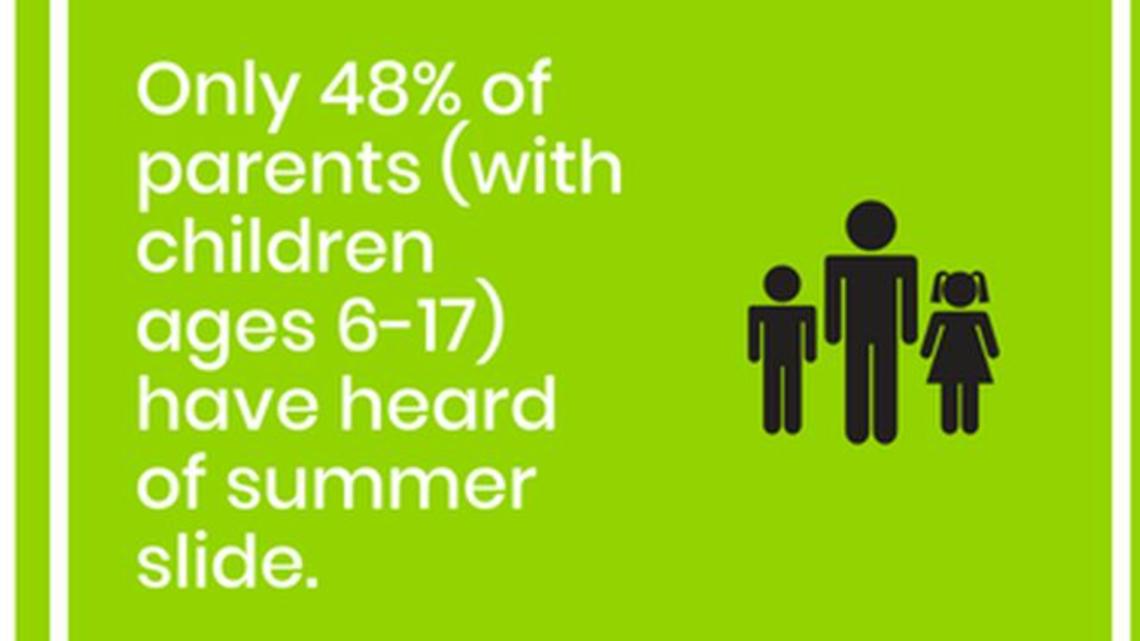COLUMBIA, S.C. — As students enjoy their summer vacation, some caregivers are concerned about the “Summer Slide” -- when children’s learning falls backward during the months they are not in school.
When children aren’t actively learning, they run the risk of losing a portion of what they learned during the school year.
But not for 9-year-old Zaniya McClellan. She's staying active this summer.
Despite being outside the classroom, her mother Nicole finds time to incorporate fun learning activities during summer break.


“I just want her to be prepared when she goes to school," says Nicole. "So, we take out 30 to 45 minutes a day to do reading, to do questions, to find different ways to implement learning at home. So, make it fun and exciting, engaging, and not just some to-do lists that mom has for her to do.”
One way Zaniya is having fun while learning is visiting the Richland Library. She recently had the opportunity to read to a therapy dog named McDuffie.


“It was pretty good. And he was patient,” says Zaniya. "No problems. Not moving. Nothing. That was pretty great."
While 48% of parents with children ages 6-17 have heard of the "Summer Slide," experts at Scholastic say staying sharp on reading and math skills can help your child avoid learning loss.


"For students that don't do any reading or learning over the summer, it's about a two- to three-month learning loss,” says Heather McCue at the Richland Library. "If that continues over several summers, it’s cumulative. So, it really knocks you back. We know that with the pandemic, we're still trying to catch up from that time that we weren't learning in the traditional settings."
McCue is the Children and Teen Services Manager at the Richland Library.
She suggests simple things, like practicing counting skills before dinner or reading street signs while driving to the next activity.
“You can listen to a book in the car, because we're all stuck in the car together,” says McCue. "You can also plan a trip or go to the grocery store and have them be in charge of the budget. And they're kind of keeping track of what we're spending as we go along the way. And so that feels much more active and engaging than simply sitting there and learning some of those things that we need to learn.”
Nicole and Zaniya are having fun while learning in the kitchen.
“We did a pizza making activity where we had to count our pepperoni. We had to divide it up and do fractions with it. It was so much fun because I had her engaged. She didn't even realize she was doing math and science at the same time while cooking. So that was fun," says Nicole.
If you need some extra help with ideas, Richland Library offers free activities to keep your child’s mind active.
“So learning is happening even when it doesn't look like it. We have things like 'Crafternoon,' and we just had our wildlife geeks," says McCue. "We had our bubble circus, which brought science into the library. So again, it feels like playing. But we get a lot of learning in there as well.”
“She can go back and implement some of the things that we did at home at school, just so that she has her tips and her tricks to just get her through and help her succeed through her next school year,” says Nicole.
Richland Library offers different free summer learning resources online and in-person. For more information, click here.

